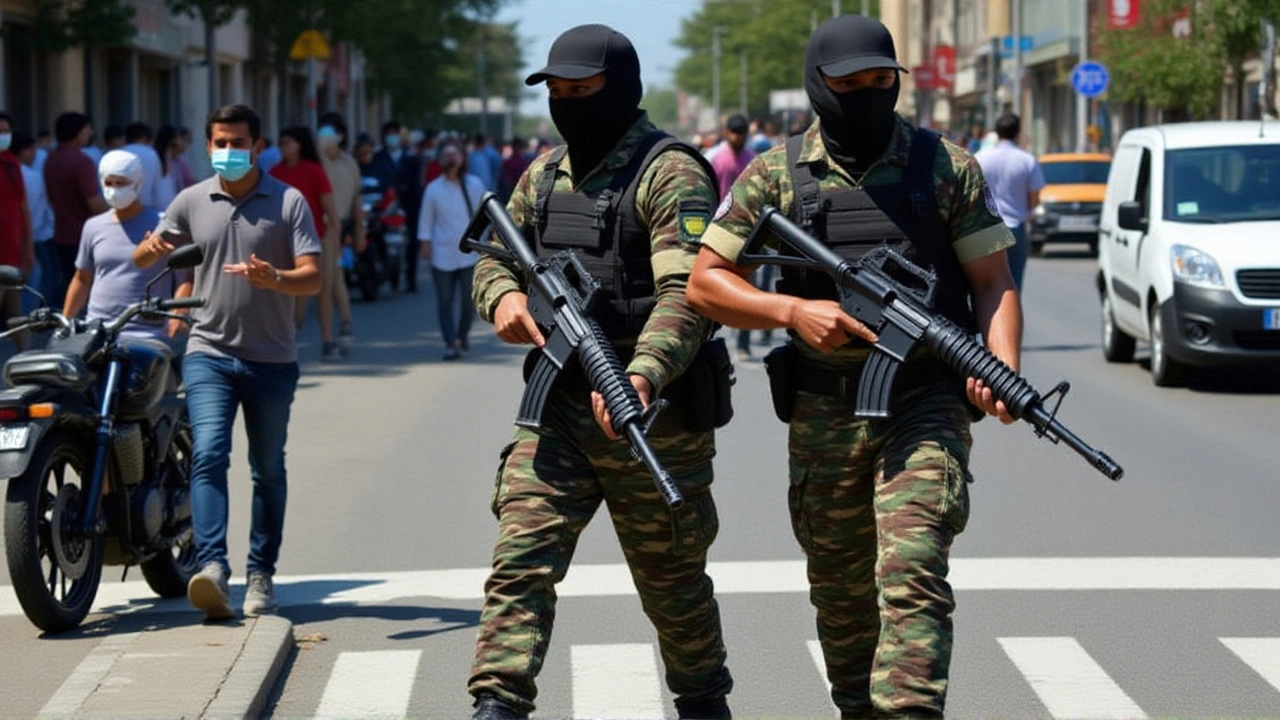African Union – Understanding the Continent’s Core Institution
When talking about the African Union, a political and economic union of 55 African states that aims to promote unity, development, and security across the continent. Also known as AU, it brings together governments, businesses, and civil society under a single framework.
The AU works through several specialized organs. One of the most influential is the AU Peace and Security Council, the body that coordinates conflict prevention, mediation, and post‑conflict reconstruction. Another pillar is the African Continental Free Trade Area (AfCFTA), a continent‑wide trade agreement that seeks to remove tariffs on goods and services, boosting intra‑African commerce. The day‑to‑day operations are handled by the African Union Commission, the executive secretariat that implements policies, monitors programs, and advises member states. Together, these entities enable the AU to push forward its long‑term roadmap, known as Agenda 2063, which envisions an integrated, prosperous, and peaceful Africa by the year 2063.
How the African Union Shapes Politics, Trade, and Security
The AU’s mandate covers three interlinked domains. First, political integration is driven by the Pan‑African Parliament and the AU Peace and Security Council, which together set standards for democratic governance and conflict resolution. Second, economic integration hinges on AfCFTA and regional economic communities such as ECOWAS and SADC, creating larger markets and attracting investment. Third, social development is pursued through the Commission’s health, education, and youth programs, all aligned with the goals of Agenda 2063.
Recent actions illustrate these connections. The Peace and Security Council has brokered ceasefires in Ethiopia and Sudan, while AfCFTA negotiations have lowered tariff barriers for textiles and agro‑products, directly affecting trade volumes between Kenya, Nigeria, and South Africa. Meanwhile, the Commission launched the “Digital Africa” initiative to expand broadband access, supporting the AU’s tech‑driven growth strategy.
Understanding these relationships helps readers see why each news story matters. A report on Kenya’s new digital grade‑10 pathway ties back to the Commission’s education push. A piece about DR Congo’s World Cup qualifier reflects the AU’s role in fostering continental sports unity, an informal but powerful cultural bridge. Even stories on environmental challenges echo Agenda 2063’s sustainability chapter.
Below, you’ll find a hand‑picked collection of articles that showcase how the African Union influences daily life, policy decisions, and regional dynamics. From education reforms and trade agreements to peace talks and cultural events, the coverage illustrates the AU’s broad reach and its impact on the people of Africa.

Madagascar Army Unit Seizes Antananarivo Amid Gen Z Protests, Rajoelina Under Siege
Madagascar's elite CAPSAT unit seized Antananarivo on Oct 12, 2025, after weeks of Gen Z protests over power and water crises, thrusting President Andry Rajoelina into a mutiny that draws global warning.
